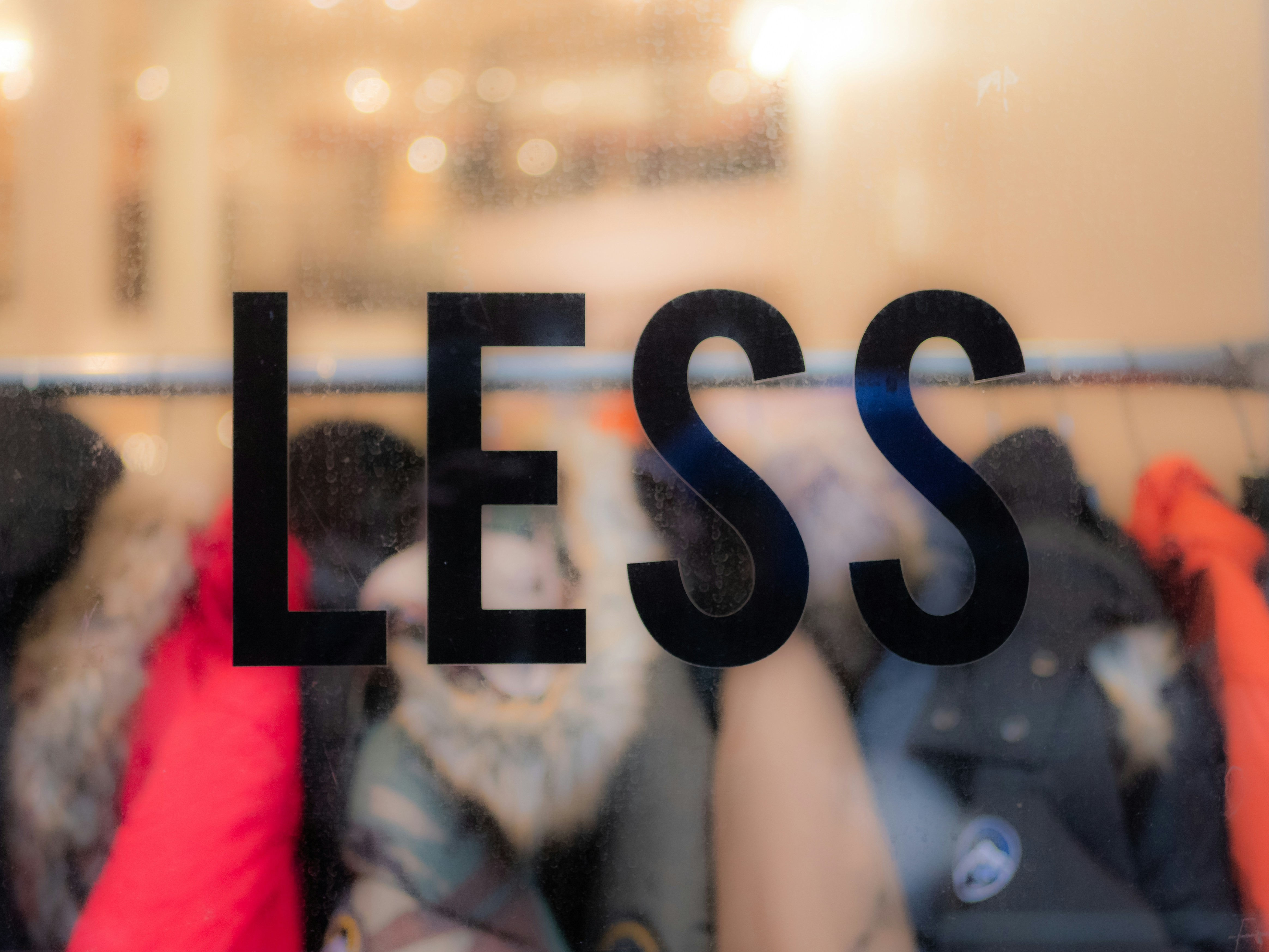The Emergence of Slow Living: A Societal Shift Towards Mindfulness
In the fast-paced world of the 21st century, a new cultural movement is quietly gaining momentum. Slow living, a lifestyle philosophy that advocates a more considered, mindful approach to life's rhythms, is steadily transforming societal values and behaviors. This comprehensive examination delves into the historical and sociological roots of this trend, explores its current manifestations, and contemplates its potential societal implications.

The Genesis of Slow Living: A Brief Historical Overview
Slow living can trace its roots back to the Slow Food movement of the 1980s in Italy. The movement was a response to the encroachment of fast food chains, advocating for traditional culinary techniques and local produce. Over time, this philosophy expanded beyond food, culminating in the broader slow living movement which emphasized leisure, relaxation, and the enjoyment of life’s simple pleasures.
Slow Living in Today’s Fast-Paced Society
Today, slow living is more than a counter-narrative to fast-paced lifestyles. It has evolved into a broad cultural shift that influences various aspects of life, from work to personal relationships. The movement calls for a more mindful approach to daily routines, emphasizing quality over quantity and the intrinsic value of every moment.
The Societal Impact of the Slow Living Movement
The slow living movement is subtly reshaping societal norms. It challenges existing models of productivity and success, suggesting that constant busyness and speed are not inherently beneficial. Instead, it promotes the idea that a slower, more mindful approach can lead to improved well-being and a more sustainable lifestyle.
The Science Behind Slow Living: Research-Backed Insights
Research supports the benefits of slow living. Studies have shown that a slower, more mindful approach to life can reduce stress, improve mental health, and enhance overall quality of life. The slow living philosophy aligns with the principles of mindfulness, a psychological process linked to numerous health benefits.
The Future Implications of Slow Living
The slow living movement holds significant potential for shaping society’s future. As more people embrace this philosophy, we may see shifts in societal values, with an increased emphasis on sustainability, mindfulness, and well-being. This could potentially lead to changes in various sectors, from business practices to education models.
The emergence of slow living represents a profound shift in societal attitudes towards life’s tempo. As this movement continues to evolve, it provides a fascinating lens through which to examine our collective values and priorities. Read below to delve deeper into this intriguing cultural phenomenon.





